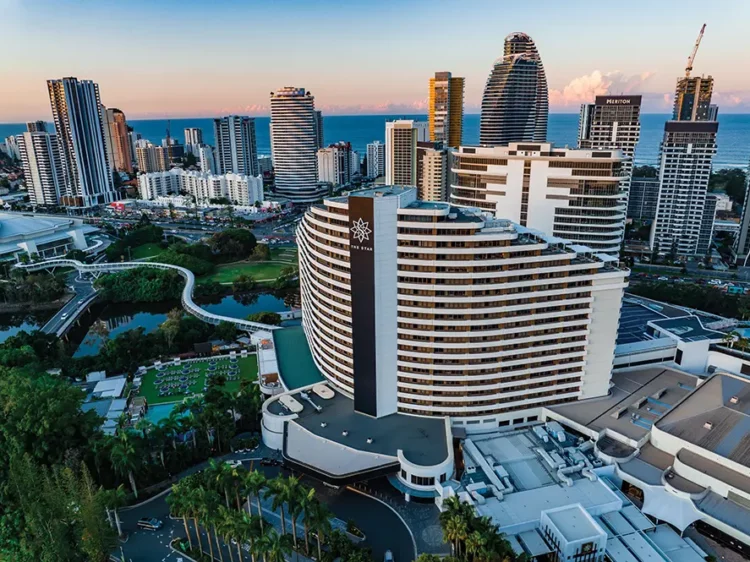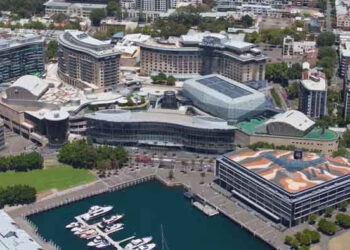Bally’s Corp’s AU$300 million (US$180 million) bailout of Australia’s Star Entertainment Group has been described by CBRE Credit Research as a risky move that won’t resolve Star’s ongoing issues and will likely require further capital investment to improve operations.
CBRE analysts have also questioned the probable use of funds from the Bally’s restricted group – comprising its core domestic operations – for an investment that would be outside the restricted group, adding that they would prefer such funds to be directed towards the US operator’s ongoing casino development in Chicago.
As reported by Inside Asian Gaming, the bailout will see Bally’s inject up to AU$300 million into Star by way of convertible notes which, if converted, would give it a controlling 56.7% stake in the one-time local gaming giant. Star had previously exhausted all other funding and debt refinancing options and was known to be on the brink of financial collapse.
In an overnight research note, CBRE’s Colin Mansfield and Connor Parks described the move by Bally’s as “an aggressively opportunistic use of investment capacity for a risky portfolio of assets” – albeit one that fits their modus operandi.
“We think Bally’s views the Star assets as an opportunity to come in at a modest capital investment but participate in the upside should things improve,” they wrote.
“Their background in operating gaming in heavily regulated jurisdictions in the US should help in solving ongoing regulatory issues at Star.”
However, “We believe the initial Bally’s investment may be the first of multiple cash injections needed at Star and we are cautious around the ability to turn operations around.
“Star reported AU$175 million in EBITDA in FY2024, down 45% year-on-year, with negative free cash flow and a reported ongoing cash burn today.”
Of concern to CBRE is the fact that Bally’s is already juggling other material portfolio and capital structure transactions, the most notable being its Chicago project and the need to implement a comprehensive refinancing of debt over the next few years.
“Utilizing restricted group liquidity for an equity investment in an entity that could ultimately be insolvent, at a time when liquidity is needed elsewhere in the structure, is negative in our view,” the analysts said. “We believe the investment could also be a distraction as Bally balances a list of near-term variables, diverting management attention away from domestic priorities. An accumulation of assets outside the restricted group is also concerning when considering Bally’s’ high restricted group leverage and distressed trading prices of its term loan B and unsecured notes (the latter of which have already organized via cooperation agreement). We think the possibility that term loan lenders formally organize will increase as a result of this transaction.”
Any follow-on investments into Star at the expense of restricted group liquidity could lead to CBRE downgrading the Bally’s term loan, they said.
The analysts noted that Bally’s has a history in acquiring underperforming assets at distressed multiples, including in Atlantic City and Las Vegas.
While these acquisitions have not brought meaningful investment returns to Bally’s yet, they are described as a “cheap way to quickly grow their gaming footprint. The Tropicana could prove to be a valuable purchase long-term should there be a flip sale or development there,” CBRE said.
Star owns and operates The Star Sydney and The Star Gold Coast and holds a 50% stake in the AU$3.6 billion (US$2.2 billion) The Star Brisbane, which opened its doors in August 2024.





























